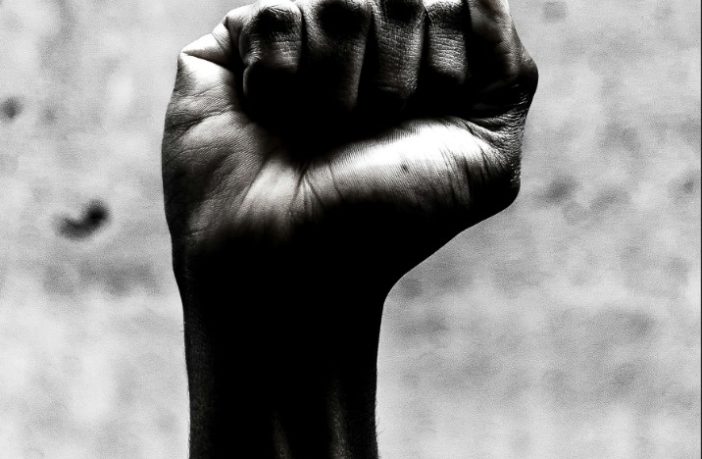By Aleisha Robinson
AFRO Intern
arobinson@afro.com
Juneteenth is widely celebrated within the United States, marking the day that freedom reached all slaves in Confederate states during the American Civil War. Ultimately, chattel slavery was outlawed by the 13th Amendment, and Black people in the United States were able to shed the bonds of slavery in 1865. Though the story of the African Diaspora includes a variety of independence days, Juneteenth is unique to African Americans.
Though other members of the African Diaspora celebrate their respective independence days, Juneteenth is a celebration unique to the African-American community in the United States. (Credit: Unsplash / Oladimeji Odunsi)
While many would agree that the holiday should be observed solely by African Americans, others believe it represents a larger meaning of freedom and equality and can be celebrated by all beyond the nation’s border.
“Juneteenth commemorates the day when 250,000 slaves in the state of Texas, which became the last bastion for slavery during the final days of Civil War, were declared free by the U.S Army,” said Professor of Practice at the Morgan State University, Wayne Dawkins.
“I see the holiday as a teaching moment, I believe it’s important that the people within the African Diaspora know the history of slavery and the struggles of their ancestors.”
The celebration of this holiday began in 1866, when Texas hosted their Juneteenth festivities, which included prayer gatherings, and the wearing of new garments as a symbol of liberation. The celebration has now grown to include speeches, family get-togethers and educational activities.
Opal Lee is recognized as the “Mother of Juneteenth,” for her campaign to get national recognition for the holiday, which became an official federal holiday in 2021 after being a state holiday in Texas for more than 40 years.
While Juneteenth is well-known and celebrated within the African-American community, many Americans were unaware of the holiday before 2021, and others are still in the dark about the true history of the event.
Tyra-Neil Morrison an information systems and technology student at Morgan State University (MSU) and the president of the university’s Caribbean Student Association (CSA) said she “didn’t really know much about certain Black American cultures and customs,” she only learned about Juneteenth when she started college.
“My knowledge expanded when I came to an HBCU (Historically Black college or university). My friends that were from different backgrounds would invite me to their [homes]for cookouts and to talk about Black history,” said Morrison.
She said even though her native country does not celebrate Juneteenth, she believes the holiday should be put in the schools curriculum to educate students on their cultural background.
Morrison, who is of Jamaican descent, said that instead of recognizing Juneteenth, there are celebrations of Jamaican independence on August 6 of each year.
Black nations around the world have independence days that vary from country to country. In the Caribbean, the Haitian Revolution took place from 1791 to 1804. Haitians gained their independence on Jan. 1, 1804. In Africa, the nation of Nigeria gained independence on Oct. 1, 1960, just a few years after Ghana, which gained independence on March 6, 1957.
President of the African Student Organization at Morgan State University, Afia-Ayisha Doreen Andoh, of Ghana, shared her views on the subject. Andoh believes Juneteenth should only be celebrated by African Americans in the United States.
“I think it’s important to be celebrated by the U.S., but not necessarily through Africa and Caribbean countries,” said Andoh.
Despite the different views on the celebration of Juneteenth, Dawkins argued that the holiday should be used as a teaching method. He believes the holiday should be “commemorated and not celebrated.”
“I’m not telling anyone not to celebrate Juneteenth,” said Dawkins, “I just want them to be aware of the meaning of it and why we have it.”



